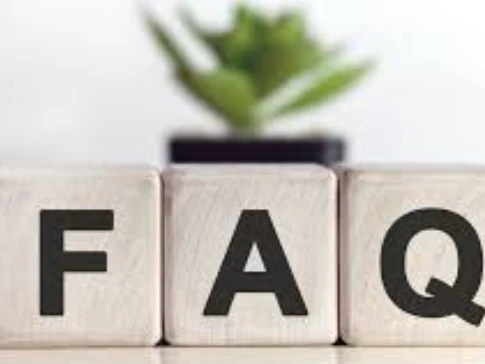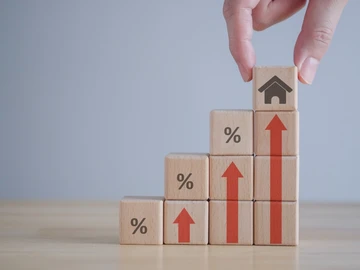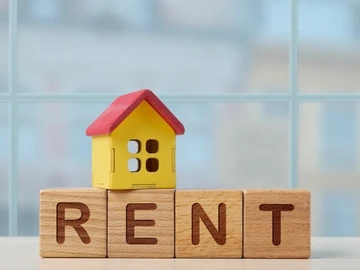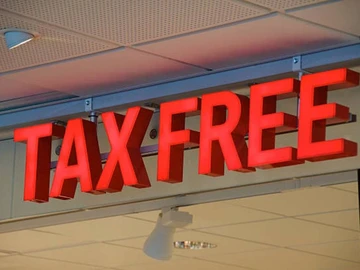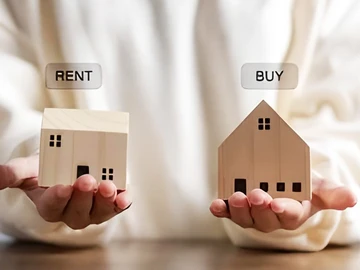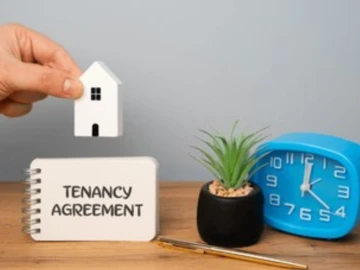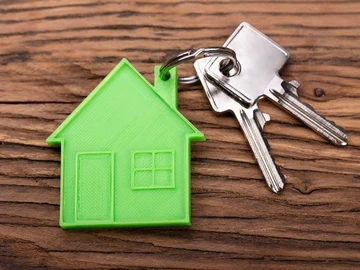In the world of real estate, questions abound, and understandably so. Whether you're a first-time homebuyer or a seasoned investor, navigating the intricacies of property transactions can be daunting. To help demystify the process, we've compiled answers to some of the most common FAQs:
1. How much can I afford to borrow for a mortgage?
- Your borrowing capacity depends on various factors, including your income, expenses, credit history, and prevailing interest rates. Mortgage lenders typically assess your financial situation to determine the maximum loan amount you qualify for.
2. What documents do I need to provide for a mortgage application?
- Common documents required for a mortgage application include proof of income (pay stubs, tax returns), identification (driver's licence, passport), bank statements, and details of any assets or liabilities.
3. How long does it take to buy a home?
- The timeline for buying a home can vary depending on factors such as market conditions, financing arrangements, and the complexity of the transaction. On average, the process can take anywhere from 30 to 60 days from the time an offer is accepted.
4. What are closing costs, and who pays for them?
- Closing costs are fees associated with finalising a real estate transaction, including legal fees, title insurance, appraisal fees, and taxes. Both buyers and sellers typically incur closing costs, with the specific breakdown negotiated as part of the sale agreement.
5. How do I choose the right property?
- When choosing a property, consider factors such as location, size, amenities, condition, and price. It's essential to align your preferences with your budget and long-term goals to find the right fit for your needs.
6. Should I hire a real estate agent?
- While it's possible to buy or sell a property without an agent, working with a professional can streamline the process, provide access to market insights, and help negotiate favourable terms. Real estate agents bring expertise and guidance to the transaction, ultimately saving you time and effort.
7. What is the difference between pre-qualification and pre-approval for a mortgage?
- Pre-qualification is an informal assessment of your financial situation to estimate how much you may be able to borrow. Pre-approval, on the other hand, involves a more thorough review of your finances by a lender, resulting in a conditional commitment to lend a specific amount.
8. What is earnest money, and how much should I offer?
- Earnest money is a deposit made by the buyer to demonstrate their commitment to the transaction. The amount offered varies but is typically around 1-3% of the purchase price. It's held in escrow and applied towards the down payment or closing costs at closing.
By addressing these common FAQs, we aim to empower buyers and sellers with the knowledge they need to navigate the real estate journey confidently. If you have more questions or need personalised assistance, don't hesitate to reach out to our team of experts at Property.co.zw.
 Continue with Facebook
Continue with Facebook
 Continue with Email
Continue with Email

